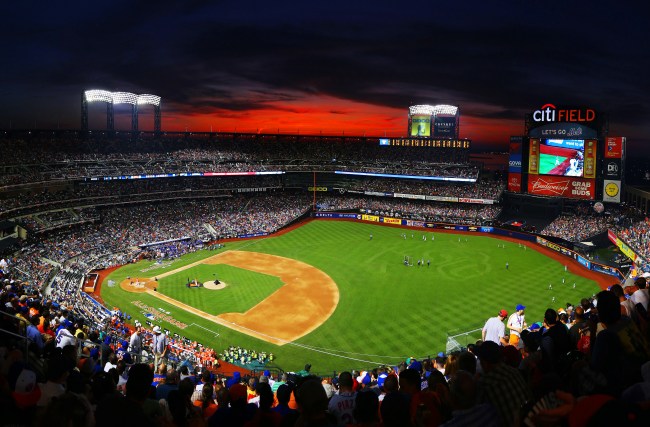
Getty Image
Whether you like it or not, think it’s smart or dumb, life is beginning to open back up at varying paces all across the country. Today, for example, I was able to go to my local florist here in beautiful downtown Hoboken, New Jersey. Is a florist essential? Absolutely not. But she was open and ready and she sold us some dank plants and no one died. It was nice.
You’ll begin seeing this all across the country, as reports from literally today indicate that major cities such as Nashville will be re-opening their downtown areas while quieter states such as Wyoming will be allowing students back to college campuses on June 1.
Even massive theme parks such as Disneyworld have begun to re-open, as the Walt Disney Company plans to re-open its Orlando location in the coming weeks. However, with Disney’s announcement came an interesting little disclaimer that can perhaps shape our way forward: they deployed the baseball rule
“By visiting Walt Disney World, you voluntarily assume all risks related to exposure to COVID-19,” reads a warning sign in the park.
New "COVID-19 WARNING" signs throughout Disney Springs state that all guests voluntarily assume all risks related to exposure to COVID-19 by visiting Walt Disney World Resort #DisneySprings pic.twitter.com/3V5TnYzobl
— WDW News Today (@WDWNT) May 20, 2020
The “baseball rule” first came to be in the year 1913, when judges began “examining the very first lawsuits from spectators injured by errant foul balls during baseball games,” according to The Hollywood Reporter.
In a pair of cases — Crane v. Kansas City Baseball & Exhibition Co. and Wells v. Minneapolis Baseball & Athletic Ass’n — appellate judges in Missouri and Minnesota came to what’s now known in tort circles as the “baseball rule.” It recognizes that fans attend games with knowledge that they can get beaned by a baseball. Thus, stadium owners can’t be held negligent so long as they make minimal precautions to screen the most dangerous parts of the stadium. Otherwise, fans assume the risk of enjoying this form of entertainment.
For more than a century, the “baseball rule” has existed in various forms (as torts are a creature of state law) and endured to provide the baseball industry with some protection from litigation. Baseball has merely a limited duty of care toward patrons with respect to foul balls — that is, until recently, for as society continually gets to redefine who gets exculpated, there exist some recent cracks to the baseball rule. [via The Hollywood Reporter]
The long and short of the baseball rule is that it puts the burden on the customer. The company who’s putting the rule in place is essentially saying “Hey pal, we’re warning you that this could happen, so if it does, that’s on you.“
In addition to capping capacity — allowing 25% of people, 50%, 75%, etc — I imagine that all sorts of public industries are going to start building this sort of language into their agreements with their customers.
***
Eric is a New York City-based writer who still isn’t quite sure how he’s allowed to have this much fun for a living and will tell anyone who listens that Gotham City is canonically in New Jersey. Follow him on Twitter @eric_ital for movie and soccer takes or contact him eric@brobible.com